Legacy Stories
Ben Williams
“Gentle” Ben Williams was a football star who made his mark as the first African American player to appear in a game for the University of Mississippi. He was drafted by the Buffalo Bills in 1976 and spent his 10-year NFL career there. Over the next 30 years, Williams experienced cognitive decline and had bouts of uncharacteristic anger. A stroke forced Williams into a rehabilitation center, where he passed away on May 18, 2020 at the age of 65. His brain was later donated to the VA-BU-CLF Brain Bank, where researchers diagnosed Williams with advanced Chronic Traumatic Encephalopathy (CTE). Below, Williams’ widow Linda shares how CTE affected him and her message to other families.

By Brandon Boyd
“I think Ben got up that morning thinking he could cook.”
In October 2019, Linda Williams’ husband Ben Williams had just returned to their home in Jackson, Mississippi from a reunion with other Buffalo Bills alumni. Linda says Ben, 65 at the time, came back feeling like his younger self.
“He was stuck in that time period of back when he played football,” said Linda. “I couldn’t get him back. I tried to get him back, to talk about ‘now.’”
30 years earlier, Ben was the quintessential morning person and the engine of the family – often making breakfast for he and Linda’s three children and getting the family’s day started. But the Ben that woke up with intentions of making breakfast in October 2019 was no longer capable of doing much of anything by himself.
Linda woke up that morning to the sound of their dog barking, which was normal. The smoke she smelled in the hallway was not. She quickly realized Ben’s attempt to cook had gone disastrously wrong. She rushed to get them both out of their house while neighbors called the fire department. Once outside, Ben and Linda watched their house burn down.
“That didn’t faze him that much,” said Linda. “At that point, he was out of it.”
Mr. Ole Miss
Born on September 1, 1954, Robert Jerry “Ben” Williams grew up in Yazoo City, Mississippi. He and James Reed were the first African American student-athletes to sign football scholarships with Ole Miss in 1971.
Linda met Ben her freshman year at Ole Miss. Ben showed an interest in Linda, but he was two years older than her. She was weary of upperclassmen and didn’t care about football in the slightest. But Ben’s nickname - “Gentle Ben,” after the titular character from the hit 1960s TV show - was no misnomer. She eventually gave in to his persistence and the two started dating.
“From the time I met him, he was always helping people,” said Linda. “He was very outgoing, real nice, and laughed a lot.”
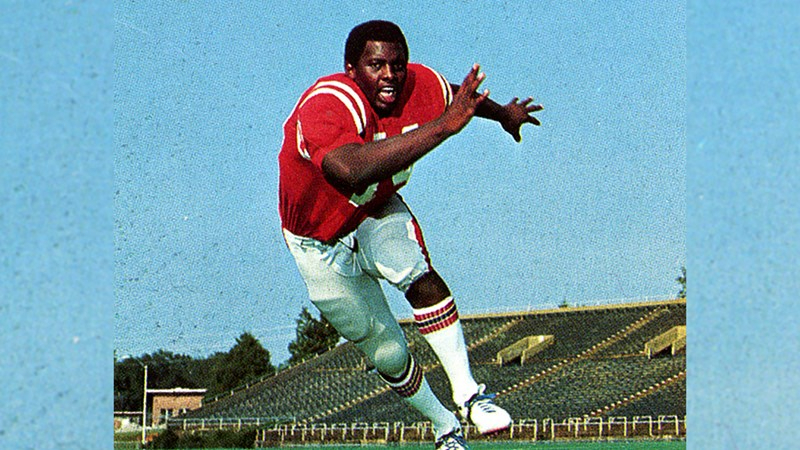
Ben was a standout in every way at Ole Miss. He earned first team All-American honors as a defensive end in 1975, was elected as the first African American “Mr. Ole Miss” in school history and earned his degree in Business Administration from the school in 1976.
The Buffalo Bills selected Ben in the third round of the 1976 NFL Draft. Ben and Linda married that same year before making the nearly 1,000-mile trek north from Oxford to Buffalo.
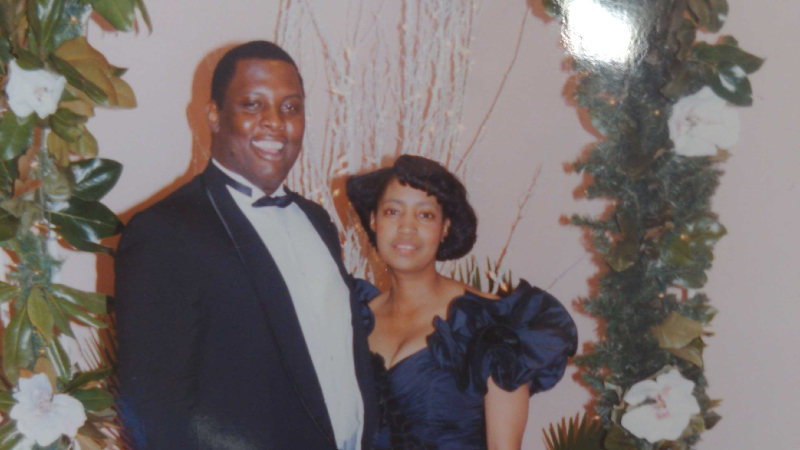
"Dollar Bill"
Over 10 seasons in Buffalo, Ben Williams amassed 52 sacks, played in three playoff games, and was named to the 1982 Pro Bowl team. Pro Football Hall of Fame defensive end Bruce Smith arrived in Buffalo in 1985 and credits some of his success to Ben’s tutelage.
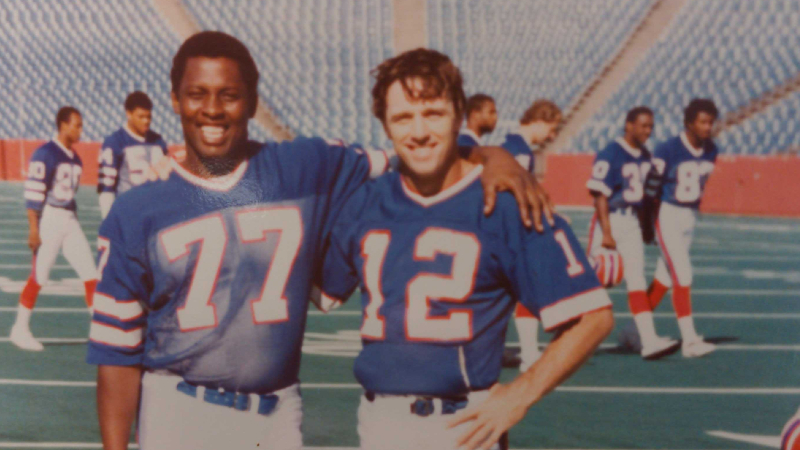
"I certainly owe a lot to Ben for embracing me as a young rookie coming into the league," said Smith to the Buffalo News in 2020. "And not only on the field, but off the field as well.”
Ben’s work ethic made him a football star, but his industriousness was not reserved for football season. Ben returned home to Mississippi every offseason with the Bills to work for a bank in Jackson. For his off-the-field hustle, Ben’s Buffalo teammates called him “Dollar Bill.”
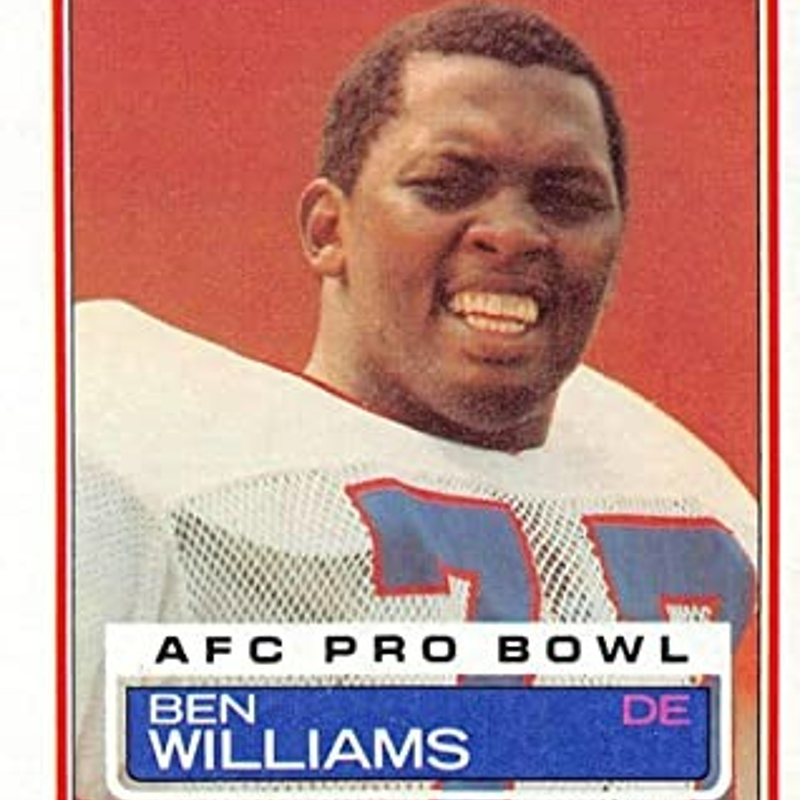
Ben retired from football after the 1985 NFL season. He, Linda, and their three children, Rodrick, Aisha, and Jarrett, relocated to Jackson.
Once in Jackson, Ben started his own company, LYNCO Construction. As busy as he was, Ben maintained the generous spirit he had at Ole Miss. He was very active in local charities, especially those benefitting children.
“He never did stop,” said Linda. “Anytime anybody needed something, they would call Ben and he was there.”
A Different Ben
Ben had always been easygoing and unflappable. If he ever had a bad game, he processed his frustration by watching hours of film to correct his mistakes.
But as Ben entered his 40s, his anger began to flare up. His whole life he had been the big man on campus and a beloved teammate. Little by little, Linda noticed some of his closest friends stopped hanging around as much. Later, she learned those friends had not left Ben – Ben had rudely pushed them away.
Linda experienced this new side of Ben, too. When she came home from work, she often noticed Ben stewing in anger in a way he never had before. The mood swings were so alarming and so out of character that family and friends no longer recognized the Ben they once knew.
In the next decade, Ben’s mood swings lessened, and he became more docile. As Ben mellowed, he started experiencing a new set of challenges.
Ben was struggling cognitively, and it sometimes took him days to recall the answers to some of Linda’s questions.
At this point of Ben’s life, re-living the past was much easier than managing the present. He struggled to remember anything short-term, but he came alive in conversations about his days at Ole Miss and with the Bills. He loved watching “Sanford and Son” and old John Wayne and Clint Eastwood movies – anything with a familiar plotline he could follow.
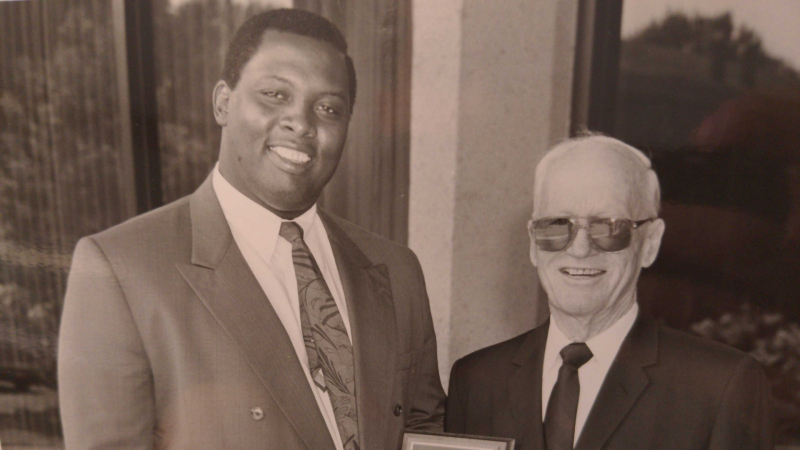
Ben’s driving became problematic as time went on. He routinely got lost on his way to events. Friends often told Linda they saw Ben aimlessly driving around town and were worried about him.
“He wouldn’t tell me he needed help because he didn’t want me to know,” said Linda. “He just pushed himself and made himself do things.”
Ben hid the full extent of his issues for as long as he could. After the house burned down in 2019, Linda and Aisha were trying to reconcile the family’s sudden financial problems – as “Dollar Bill” could no longer handle finances like he always had. They realized Ben had not been going to work every day for nearly 10 years like he said he was.
"Be Gentle"
Ben’s physical health and cognitive state eventually required full-time care. Linda quit her job to fill the role.
After the fire, many of the friends who had become strangers since Ben’s 40s soon came back around to visit. They laughed with Ben through old memories and old games. For all the joy, Linda remembers many of Ben’s old friends leaving their home in tears over the condition he was in.
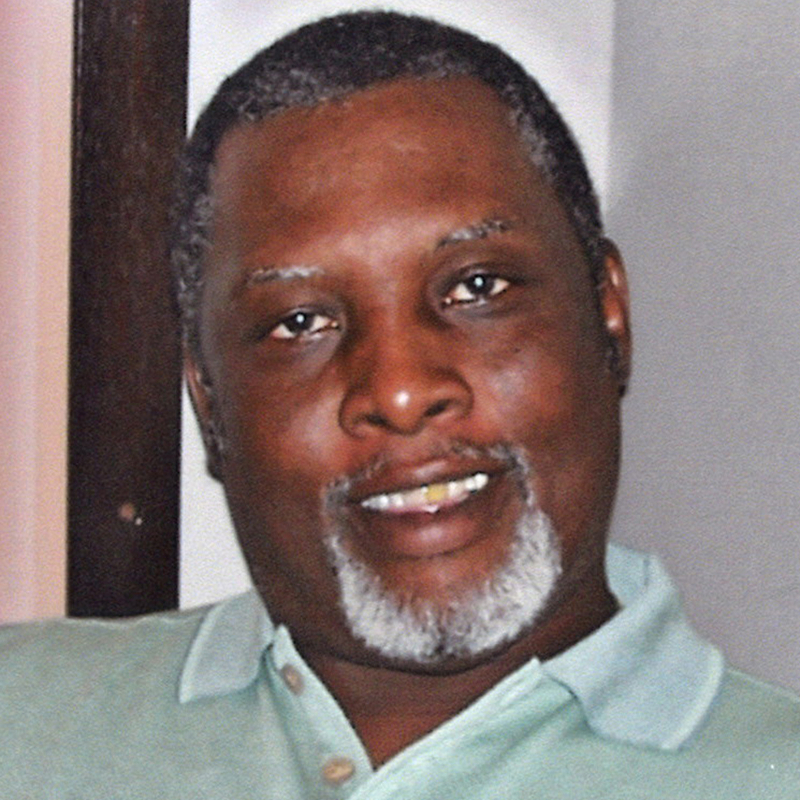
In April 2020, Ben suffered a stroke and was placed in a rehabilitation center. The COVID-19 pandemic had struck a month earlier, so the family’s ability to visit him was limited to speaking to him through a glass window.
On May 17, Linda visited him in the evening. She repeatedly called his name to get his attention. Finally, Ben turned to the window, looked at Linda, and said, “Hey, Linda. I see you.”
Ben Williams died the next day.
Towards the end of Ben’s life, a group of retired ex-players in Mississippi reached out to Linda and recommended she donate his brain to the VA-BU-CLF Brain Bank for CTE research. Linda was vaguely aware of CTE and had seen news reports about former NFL linebacker Junior Seau’s CTE diagnosis years earlier. When Ben died, she agreed to donate his brain.
Months later, researchers informed Linda that Ben had between stage 3 and stage 4 (of 4) CTE. The severity of Ben’s CTE surprised Linda. Ben had never talked about his concussion history or raised any concerns about having CTE.
“He was strong,” said Linda. “Even though he was having those problems, he was fighting it.”
Linda wants to share Ben’s story and CTE diagnosis to help explain to those who knew Ben why he may have exploded on them and alienated them years ago.
“I want the people who thought he was crazy to know that he was not,” said Linda.
Sharing his story also honors Ben’s lifelong legacy of helping others. Linda knows there are other spouses like her and other former players like Ben who could learn from their journey. Armed with the knowledge she has now, she says she would encourage spouses worried about a loved one with suspected CTE to seek professional care.
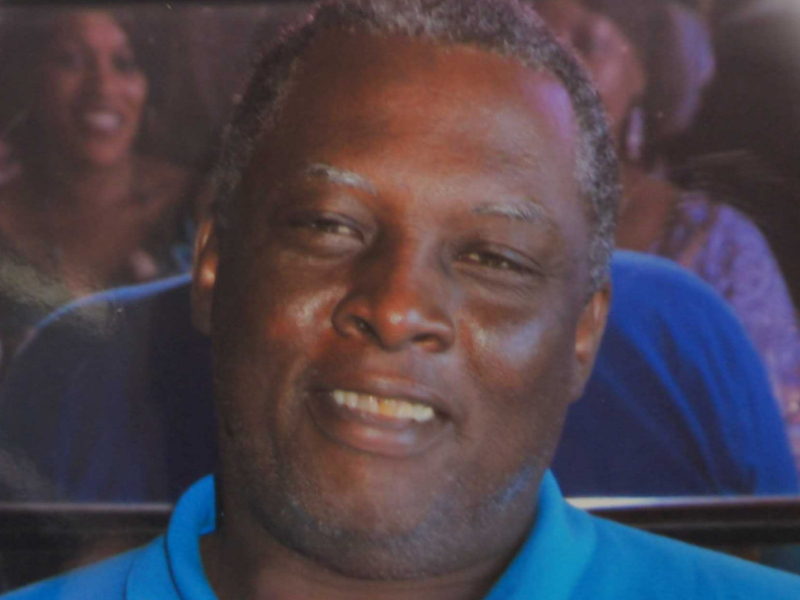
Linda also urges other loved ones of suspected CTE to pray, to practice empathy, and to remember Ben’s first nickname.
“Be gentle,” said Linda. “Be calm, and don’t fault him.”
You May Also Like

Living with suspected CTE can be difficult, but CTE is not a death sentence and it is important to maintain hope. Find out how.
Living with CTE
Although we cannot yet accurately diagnose CTE in living people, a specialist can help treat the symptoms presenting the most challenges.
CTE Treatments